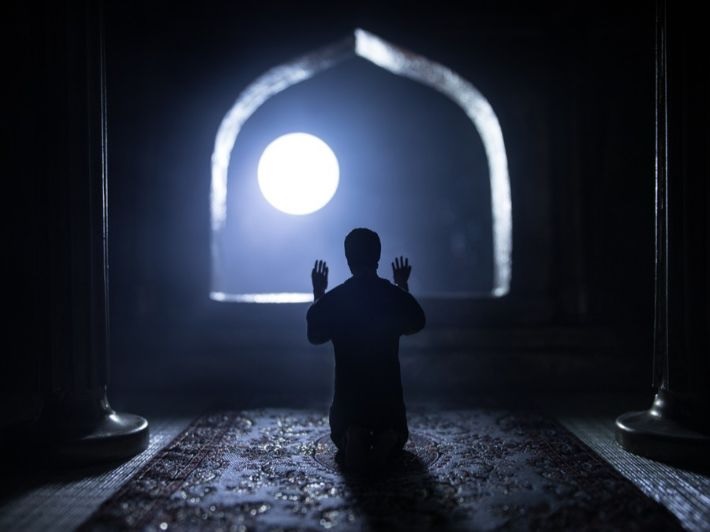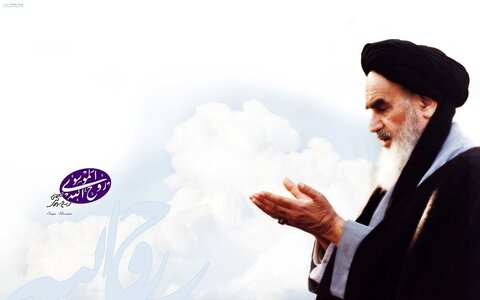According to rahyafte (the missionaries and converts website): Imam Jafar Sadiq (peace be upon him) said:
Dr. Fethullah Bistoni, translato
“Every virtuous deed a servant performs has a reward mentioned for it in the Quran, except for the Night Prayer (Salat al-Layl), which is of such great importance to Allah that He has not fully disclosed its reward. He described it as follows: ‘They forsake their beds, calling upon their Lord in fear and hope, and they spend out of what We have provided for them,’ and no one knows the joys that await them in return for their deeds.
”  Bihar al-Anwar, Vol. 8, p. 126
Bihar al-Anwar, Vol. 8, p. 126 
#NightPrayer (Salat al-Layl)
The rules (ahkam) of performing the Night Prayer (Tahajjud) include the following:
Niyyah (Intention): Like all other prayers, one should have a sincere intention to perform the Night Prayer solely for the sake of Allah.
Number of Rak’ahs: The Night Prayer is recommended to be performed in sets of two Rak’ahs. It can be offered in multiples of two, with a minimum of two Rak’ahs and a maximum of eleven Rak’ahs, depending on personal preference and ability.
Timing: The preferred time for the Night Prayer is after the Isha prayer and before the Fajr prayer. However, it is more meritorious to perform it in the last third of the night.

Recitation: It is recommended to recite Surah Al-Fatihah in each Rak’ah, followed by other verses or Surahs from the Quran. One can also recite any recommended Duas or supplications after the prayer.
Qunut: In some specific prayers during the Night Prayer, it is customary to recite Qunut, which involves raising the hands and making heartfelt supplications.
Raising Hands in Takbir: Like other prayers, it is recommended to raise the hands during the Takbirs (saying Allahu Akbar) at the beginning of each Rak’ah.
Ruku (Bowing) and Sujood (Prostration): Perform the Ruku and Sujood in the usual manner, maintaining humility and attentiveness.
Length of Prayer: While there is no specific limit to the length of the Night Prayer, it is essential to strike a balance between devotion and not making it burdensome.
Witr Prayer: Although Witr is not part of the Night Prayer, some worshippers prefer to conclude the Tahajjud with the Witr prayer, which consists of an odd number of Rak’ahs.
Personal Supplications: One can engage in personal supplications (Duas) after completing the Night Prayer, seeking Allah’s mercy, guidance, and forgiveness.
It is important to note that the Night Prayer is a recommended act of worship and not obligatory. Observing it with sincerity and devotion can bring immense spiritual rewards and closeness to Allah.
Worshippers should consult qualified religious scholars for further guidance and clarification on specific practices and rulings related to the Night Prayer.
#NightPrayer (Salat al-Layl)




















